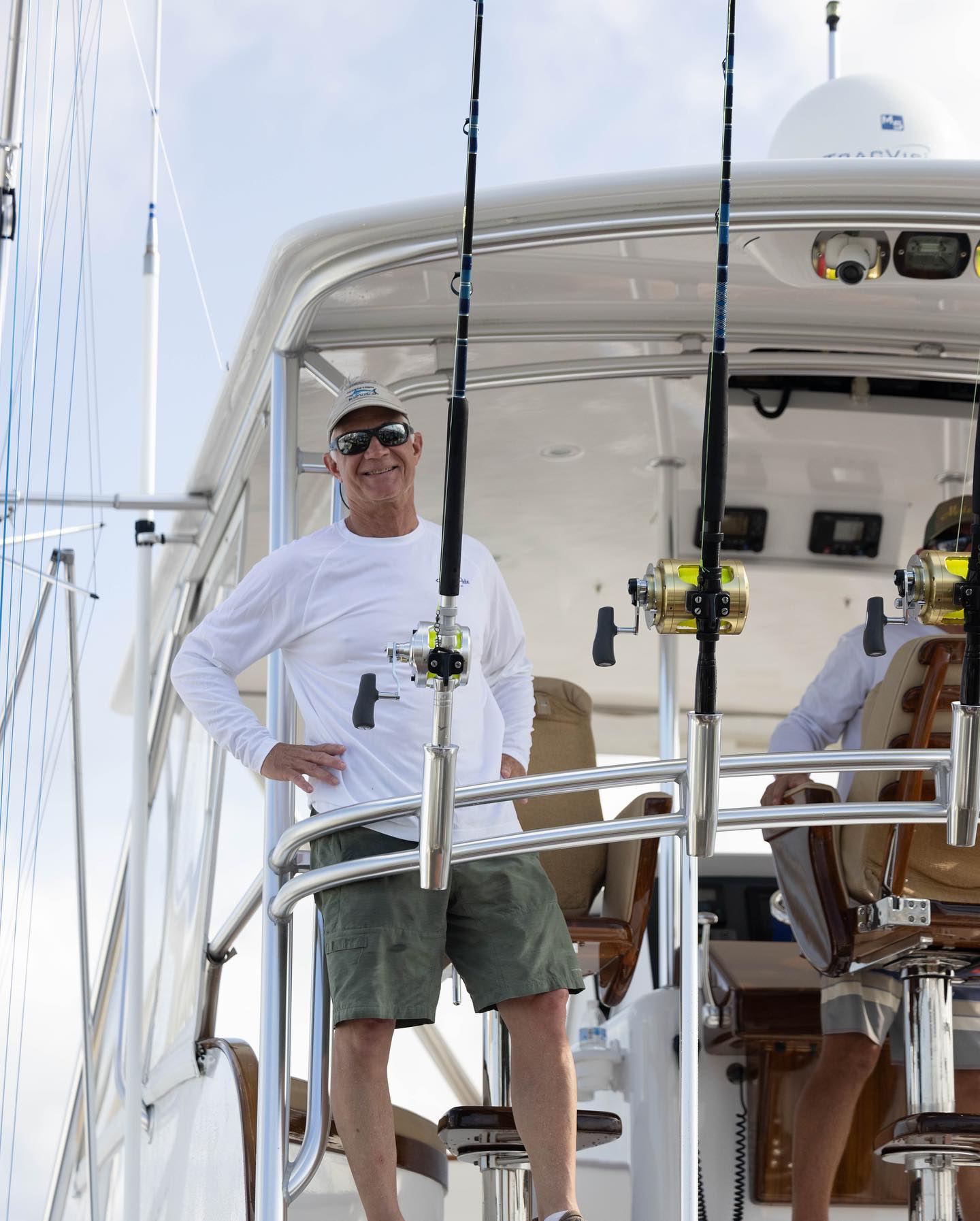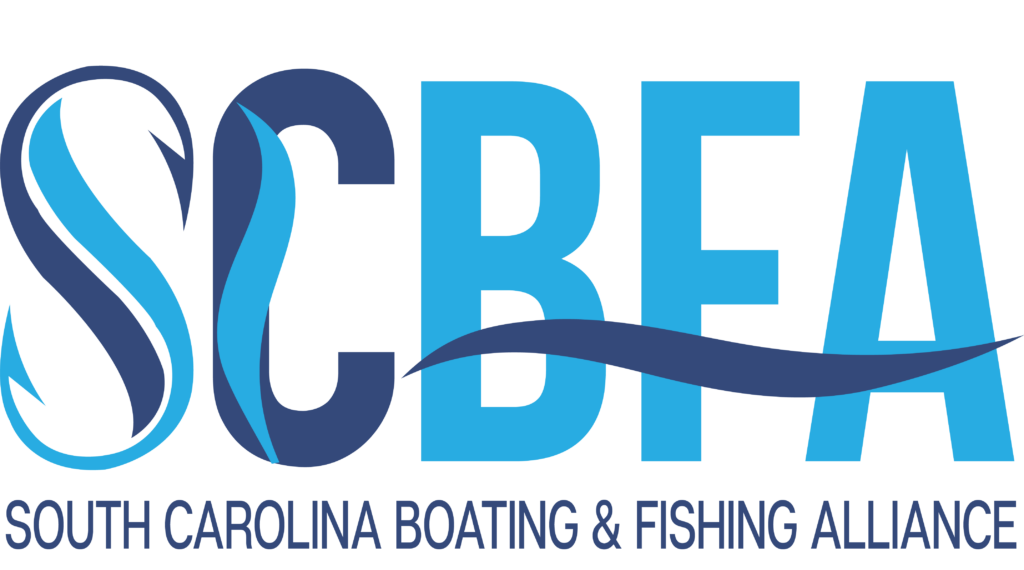Two for One: Charleston legislator leads efforts for boating and fishing
June 20, 2022

Sen. Chip Campsen fishing in the South Carolina Governor’s Cup Billfishing Series. (Photo Courtesy of South Carolina Governor’s Cup Billfishing Series)
By: Matthew Goins
For Sen. Chip Campsen (R-Isle of Palms), boating and fishing are engraved in his family’s heritage for generations, making him an outspoken advocate for two of the state’s top industries.
If you want to tour Ft. Sumter in Charleston, you must take a boat to the small island in the Charleston Harbor. Since 1961, two generations of the Campsen family has owned and operated Ft. Sumter Tours, with Sen. Campsen serving as the company’s president. “Boating and fishing have been a huge part of my life and my family’s life for multiple generations,” said Campsen.
The family’s love for boating dates to the mid-1800s when Campsen’s great-great-grandfather, John Campsen, served as the captain of a German trade ship which brought him to Charleston, where he would later settle. Since then, the family has had generations of men serving as captains in various capacities, making boating a source of income and pleasure.
“I am a partaker of these resources and activities,” said Campsen. “It’s important that the boating and fishing industries remain vibrant and available for generations.”
Campsen’s experience and expertise make him one of the top voices for the industries in the state legislature. “Most members aren’t aware of how significant the presence of boat and fishing tackle manufacturers are in South Carolina,” said Campsen. “Our state out punts its coverage by a long shot compared to other states.”
Campsen believes much of the industries’ success is due to the efforts of advocacy groups, such as SCBFA. “SCBFA heightened awareness,” said Campsen. “Though some members don’t care about boating or fishing, they care about economic development and supporting our business. When we have a lot of momentum in a particular industry, we must support it and help it.”
As chairman of the Senate Fish Game and Forestry Committee, Campsen has strived to balance economic and environmental efforts for our state, which is where the private sector has played a vital role.
In February, Sen. Campsen introduced the S.C. Conservation Enhancement Act. Though the bill did not pass, it sparked bipartisan support to improve conservation efforts around the state for the sake of economic development.
“It’s crystal clear that conservation is good for economic development, and there must be a balance between the two,” said Campsen.
The bill would have increased the number of resources and funding for the S.C. Conservation Bank, added other key state agency leaders as exhibition members, and allocated money from the sales tax of outdoor sporting goods gear to improve public lands owned by the state.
“In South Carolina, we have a big tent approach to conservation,” said Campsen. We’ve done more for conservation through private efforts than probably any other state in the nation.”
A significant conservation issue along the coast is abandoned boats due to their threat to boaters, anglers, and marine life.
In conjunction with Representative Spencer Wetmore (D-Folly Beach) in the House, the two legislators filed contingent bills to address abandoned watercraft in waterways along the coast.
“Abandoned boats become a big pollution problem when they sink or refuel,” said Campsen. “They are a hazard to navigation and unsightly, as well.”
In May, Gov. Henry McMaster signed H.3865, enabling municipalities to require a permit for boats anchored for an extended period. “I specifically designed it so that it would not affect a family that wants to spend July 4th weekend out in the inlet on a houseboat,” said Campsen. “The bill gives the local government an ability to keep a boat from transitioning into an abandoned boat because if the boat remains there for an extended period without moving, they can make it move and not reissue the permit.”
SCBFA worked closely with Campsen to expand No Wake Zones on lakes around the state. Campsen authored the Senate version of the bill and worked closely with the House to find a solution before the height of boating season. “We went back and forth with the House and finally reached a solution that would protect people’s quality of life and docks without harming the boating industry,” said Campsen. “SCBFA was very important and helpful in making that happen at the state and federal level.”
Tax reform was a major topic in this spring’s legislative session, with both bodies introducing major tax cuts for South Carolinians. A joint conference committee recently passed historic tax reform, which cut the manufacturers’ property tax rate from 9% to 6%. “This would be a huge benefit to the boat manufacturers around the state,” said Campsen.
In addition to legislation that would advance the boating industry, Campsen also helped author legislation that would enhance the state’s fishing industry, particularly the red snapper population. Red snappers are much more frequent within federal waters (greater than three miles offshore) than in-state waters. Gov. McMaster signed S.980, which Senator Stephen Goldfinch (R-Georgetown) authored and Campsen sponsored. The law establishes a limit on the daily possession of red snapper to two – with no closed season. “We passed a bill within the area of jurisdiction we have with red snapper already showing up within the three-mile limit, despite some saying that’s not the case, due to how the population has grown dramatically,” said Campsen.
Despite heavy success this session, Campsen believes there is still much to be done to advance the two industries next session, especially boater safety. The Senate unanimously passed a law that required a boater safety certificate. However, the bill died after reaching the House.
“Times have changed, and the waterways are more congested,” said Campsen. “There are many people who don’t come from a culture where everyone knows how to boat and fish because it was a way of life and generational.” SCBFA supported Campsen’s bill because of its industry-led and industry-focused approach.
Campsen is proud to see how far the boating and fishing industries have come and encourages all South Carolinians to explore the many opportunities it offers. “You are partaking in an activity with a rich heritage,” said Campsen. “To fully appreciate and participate in this heritage takes a lot of skill and training. It’s a lifelong pursuit.”
Protecting and Expanding Boating and Fishing in South Carolina
©2021 South Carolina Boating and Fishing Alliance. All Rights Reserved.

